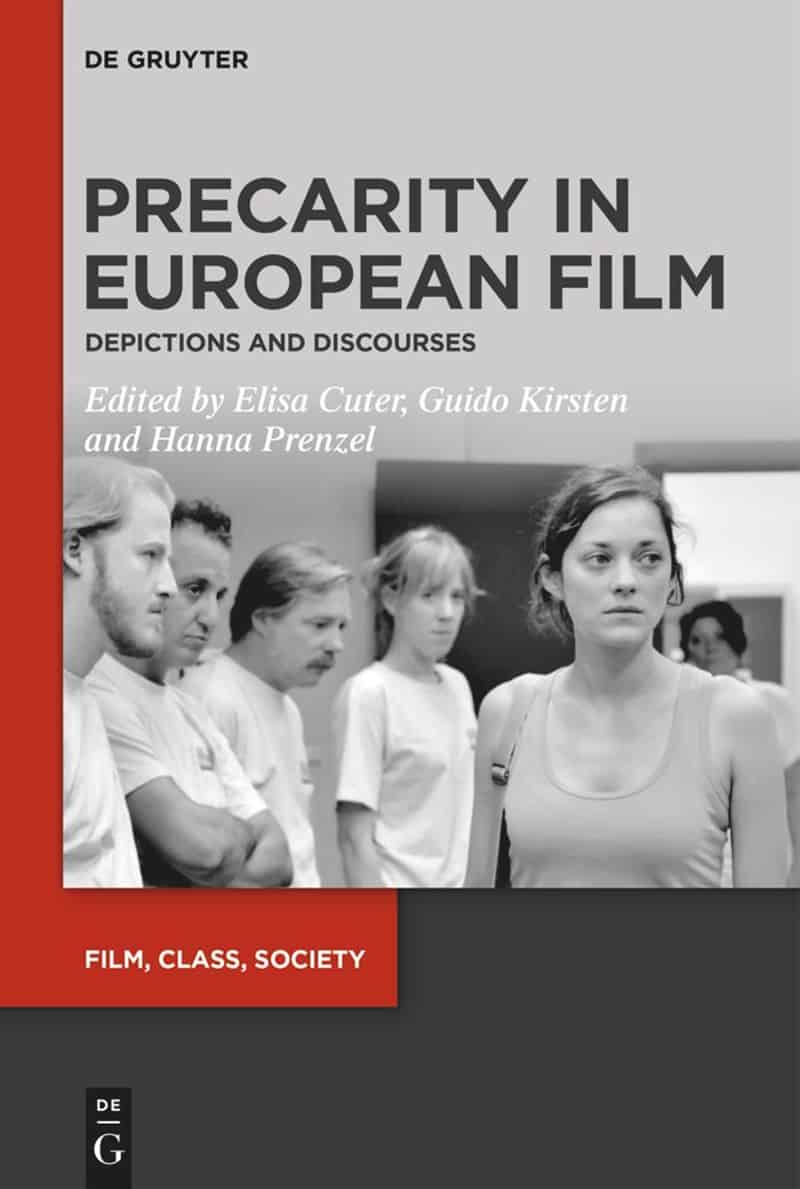Elisa Cuter, Guido Kirsten and Hanna Prenzel on “Precarity in European Film”
In our latest book talk we explore questions of precarity in European cinema. What exactly does precarity mean? Is class still a relevant issue today? And can we identify common themes in films selected from across Europe? To find out, we sat down with the three editors of “Precarity in European Film.”
Podcast
You are currently viewing a placeholder content from SoundCloud. To access the actual content, click the button below. Please note that doing so will share data with third-party providers.
You can find the recording also at Spotify and Apple Podcasts.
Video
You are currently viewing a placeholder content from YouTube. To access the actual content, click the button below. Please note that doing so will share data with third-party providers.
Description
Films not only entertain – they also probe social injustices and tell marginalized stories. Against a backdrop of increasing economic inequality, more and more people today are experiencing precarious living situations, poverty, and social exclusion. The Open Access book “Precarity in European Film: Depictions and Discourses” is a major new contribution to research into the representation of class in contemporary visual culture.
In this book talk, Dr. Pablo Dominguez Andersen, communications director at De Gruyter, meets the volume’s three editors — Elisa Cuter, Guido Kirsten, and Hanna Prenzel — to discuss questions of precarity in European cinema. What does precarity mean exactly? Is class still a relevant issue today? And can we identify common themes in these films, selected from across Europe?
The volume brings together renowned scholars and early career-researchers in mapping the ways in which European cinema — whether mainstream or arthouse, fictional or documentary, traditional or experimental — engages with phenomena of precarity, poverty, and social exclusion. It looks at how the filmic traditions of different countries reflect the socioeconomic conditions of precarity, and it illuminates similarities in the iconography of precarious lives across cultures.
The three editors are members of the Emmy Noether Research Group on Cinematic Discourses of Deprivation at the Film University Babelsberg Konrad Wolf in Potsdam. The book “Precarity in European Film” is the first volume in the new De Gruyter series “Film, Class, Society.”
[Title image by Arlinda via Unsplash]
